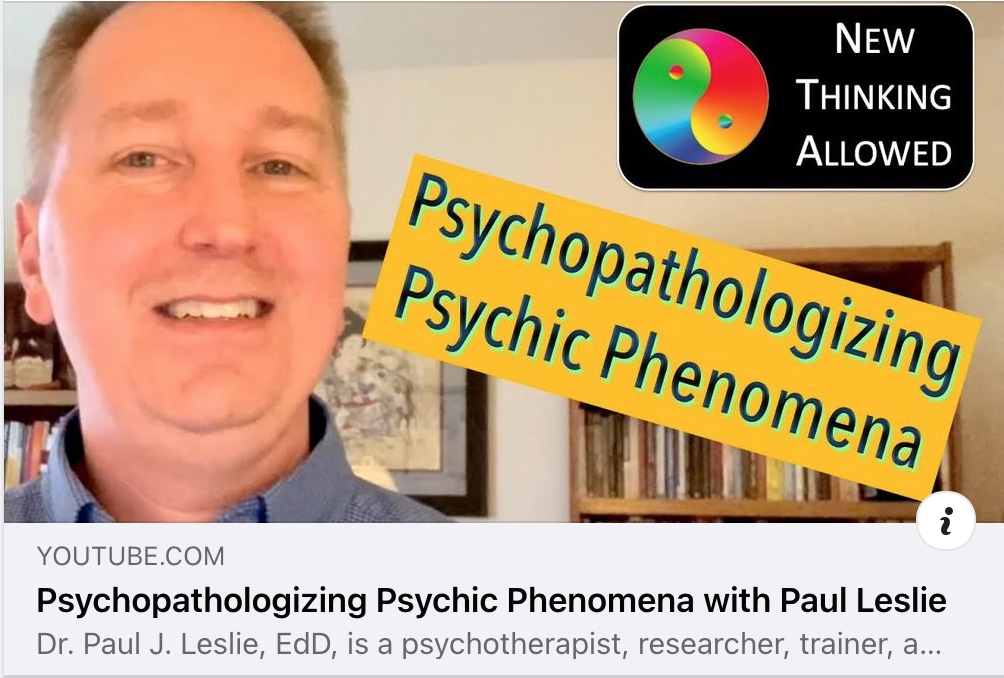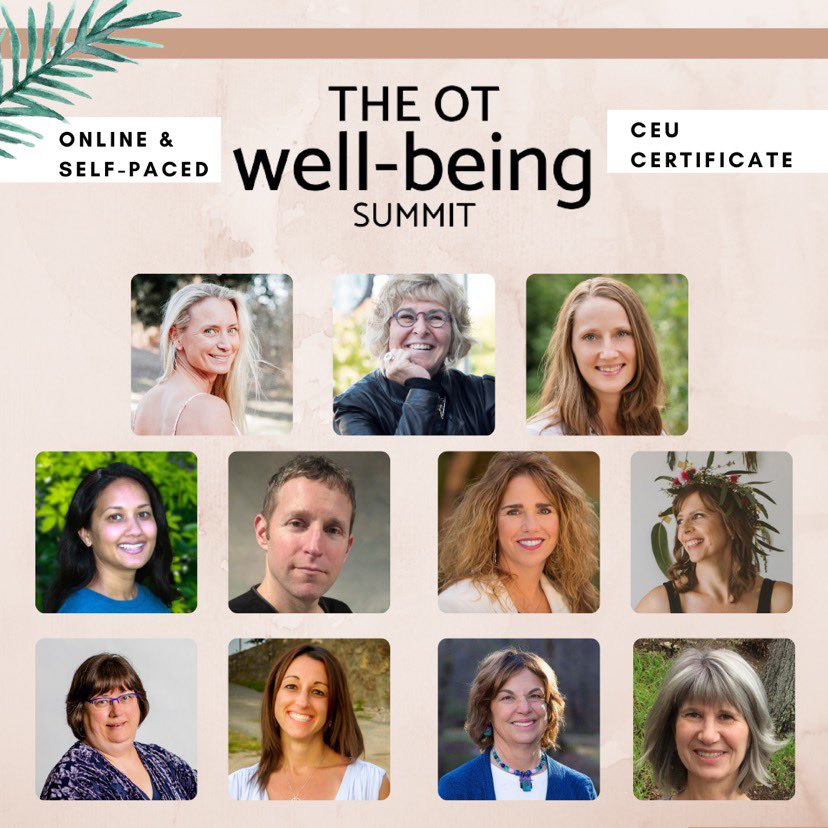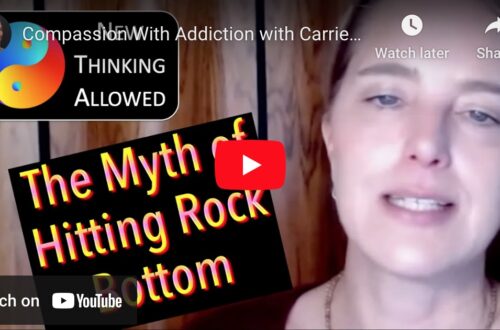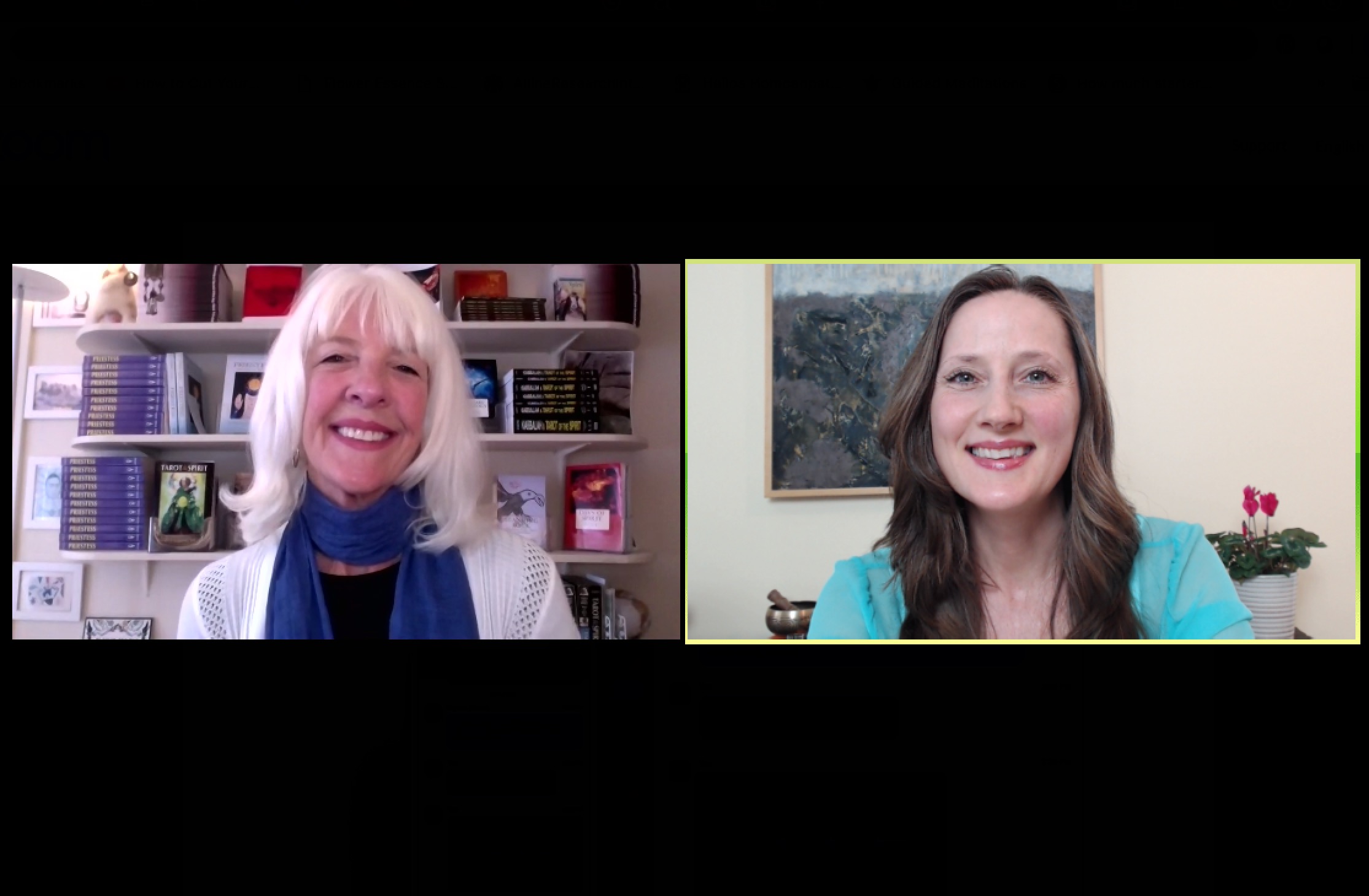
Psychopathologizing Psychic Phenomena
We all have them, but don’t always feel comfortable talking about them for fear of judgment.
This is an enlightening conversation for those who are concerned about sharing psychic, intuitive, or paranormal experiences.
Emmy Vadnais, OTR/L interviewed Dr. Paul J. Leslie about Psychopathologizing Psychic Phenomena on New Thinking Allowed.
Dr. Paul J. Leslie shares that the norm may be that most people, including mental health practitioners, have psychic and paranormal experiences. However, people often don’t share their experiences for fear of being thought of as crazy or diagnosed with a mental health disorder. He differentiates between what may be a psychic experience or a pathology. If the experience is comforting or helpful, it is usually not a pathology. If the experience is distressing or negatively impacts their life, it may need closer attention and care. Being believed about their experience can, in and of itself, be healing. Not being believed can have detrimental effects. He encourages mental health practitioners to be aware of their biases and judgments that impact their clients’ health and well-being. Mental health practitioners want more education and training about these experiences to be better equipped to help their clients. All people are worthy of love, dignity, and respect.
Dr. Paul J. Leslie, EdD, is a psychotherapist, researcher, trainer, and author. He is the coordinator of the psychology program at Aiken Technical College in South Carolina. He is author of nine books, including The Art of Creating a Magical Session: Key Elements for Transformative Psychotherapy, Shadows in the Session: The Presence of the Anomalous in Psychotherapy, Transforming Themes: Creative Perspectives on Therapeutic Interaction, and Perceptions and Possibilities: Strategic and Solution Oriented Approaches to Working with Depression. His website is drpaulleslie.com.




